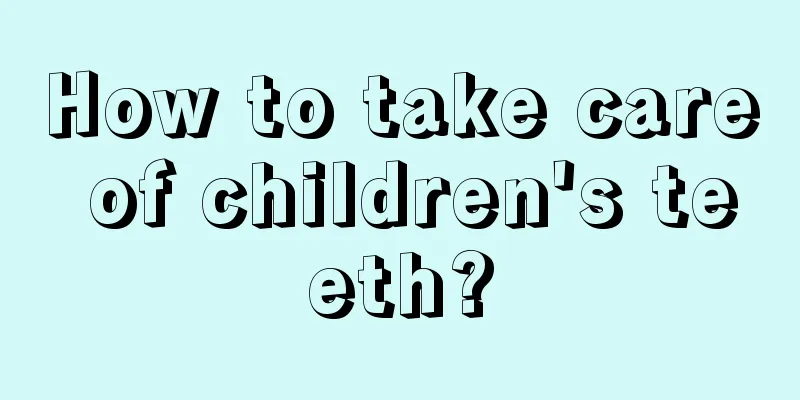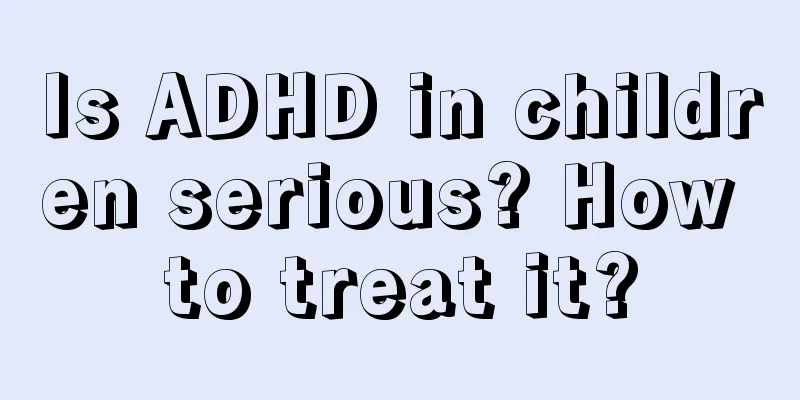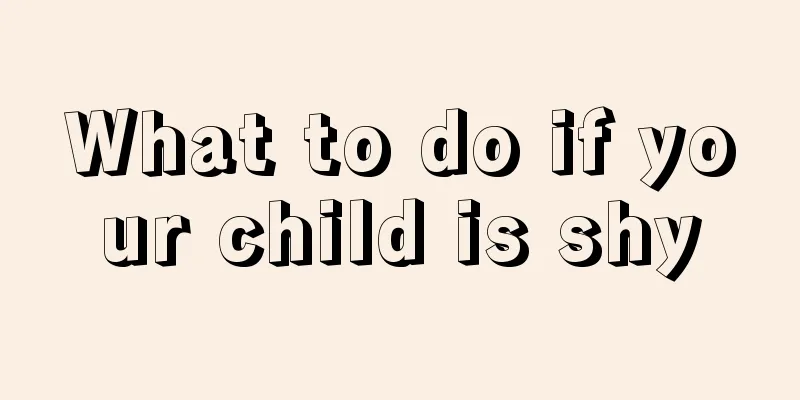What is the normal heart rate for a two year old?

|
What is the normal heart rate for a two year old? The heart rate of a child is different at different ages. When a child is 2 to 3 years old, his heart rate is about 100 to 120 beats per minute. Children are relatively young, and their heart rate is faster than that of adults. If the heart rate is much faster, it is a manifestation of a disease, and there are many causes. This can cause great harm to the child's growth and development. Therefore, as a parent, you must understand the frequency of your child's heart rate. What is the normal heart rate for a two year old? Newborn's breathing: 40-50 times/min Pulse: 120-140 times/min Under 1 year old Respiration: 30-40 times/min Pulse: 110-130 times/min 2-3 years old Respiration: 25-30 times/min Pulse: 100-120 times/min 4-7 years old Respiration: 20-25 times/min Pulse: 80-100 times/min 8-12 years old Respiration: 18-20 times/min Pulse: 70-90 times/min Changes in heart rate are also related to many factors such as eating, exercise, mood, sleep, and fever. A fast heart rate only makes sense when you are in a quiet state. If the heart rate is also faster, and sometimes there is chest tightness and shortness of breath, "if it is not related to rest, mood, etc., and the heart rate is still fast after rest or in sleep, you should go to the hospital for an electrocardiogram and myocardial enzyme spectrum examination. Reasons for a faster heart rate in children It is mainly related to vigorous metabolism and high sympathetic nerve excitability. For children aged 8-14, the pulse rate is 70-90 times/minute. Children's pulse rate is unstable and is easily affected by various internal and external factors, such as eating, activity, crying, fever, etc. Therefore, children's pulse should be measured when they are at rest. If the pulse increases significantly and does not slow down during sleep, organic heart disease should be suspected. Go to the hospital for a comprehensive checkup "Sinus arrhythmia" is a normal physiological phenomenon, not a disease. "Sinus arrhythmia" is most common in children and adolescents, but it is also not uncommon in adults. We often pay attention to whether the children have eaten well, whether they are kept warm, whether they are sick, whether they have eaten well, etc., but the problem of heart rate is neglected. Do you know the normal range of children's heart rate? Take your child to check whether his or her heart rate is normal. This is related to the child's growth and health, and you can't wait a moment. |
<<: 6-year-old baby itches all over after having a fever
>>: Two and a half year old child walks unsteadily
Recommend
When is the best time for baby's skin to fall off?
After birth, a newborn baby will experience sligh...
Why is my five-month-old baby shaking his head?
After birth, babies will be affected by external ...
Children's lymphocyte absolute value is high
Because children are young, their body resistance...
What are the developmental standards for an eight-month-old baby?
It is said that babies grow and develop very quic...
What is the cause of the red bloodshot eyes?
The importance of eyes is self-evident. In daily ...
Why does the child keep vomiting?
How unimportant children are nowadays in people’s...
What is the cause of congenital heart disease in newborns?
A complete family should consist of parents and c...
Treatment of children with fever of 38.5
Many of us are particularly susceptible to catchi...
Little boy's nose often bleeds
It is very common for children to not pay attenti...
What is the normal body temperature of a three-year-old baby?
Babies are the people in our lives who need our a...
What should children eat to reduce internal heat?
Nowadays, the arrival of a baby can be said to ha...
Babies can effectively prevent eczema by taking a bath with mugwort leaves
For babies, their skin is relatively fragile, and...
What should I do if my one-year-old child has diarrhea?
If a child has diarrhea, he or she must go to the...
What should I do if my child doesn’t eat vegetables? Mommy, do this.
Children's diet is an issue that many people ...
What to do if your child's lower eyelid turns blue
From the time a child is born to the time he grow...









